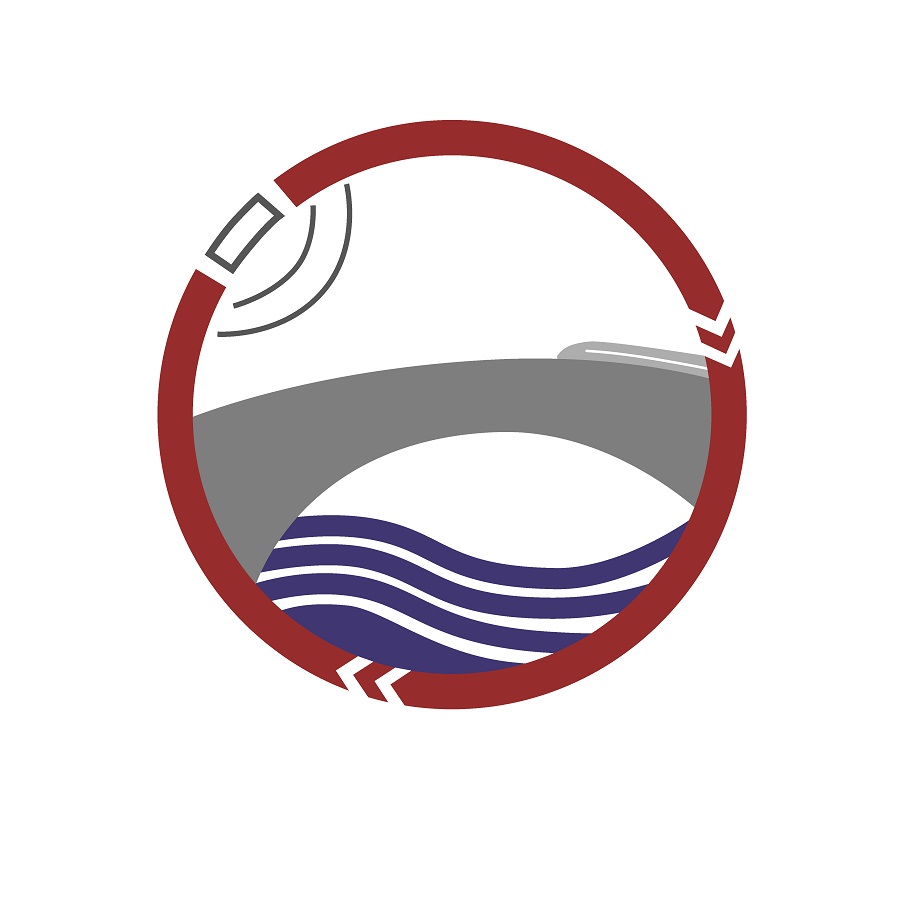Due to anthropogenic factors, a large number of substances enter our water bodies and groundwater, which have a massive impact on water quality. Both for reasons of environmental protection and to supply our infrastructures with clean water, it is essential to manage the resource water sustainably, to protect it from pollution, to purify it effectively according to demand and need, and to ensure the necessary measures for the provision of water resources. Due to climate change, urbanization and multiple competing uses, there is an increasing spatial and temporal scarcity of water, both in Germany and internationally, which must be countered with an adaptation and further development of concepts, technologies and frameworks of water management.
The future topic Water Environments and Technology (WET) addresses these future challenges by bringing together a wide range of research expertise in an interdisciplinary manner. The goals are to improve the understanding of water cycles, solute transport and associated impact relationships, to weigh and evaluate the benefits and risks of adaptation measures in the context of water resource management for urban and natural systems, to investigate the interaction of water management with other systems and material cycles, in particular the energy system, nutrient cycles and the circular economy.
This results in innovative research topics such as:
- Use of innovative and optimization of established technologies in water treatment, water reuse, nutrient recovery to increase resource efficiency, and recovery of valuable materials from wastewater.
- Sustainable concepts of integrated water resource management for the management of water resources (incl. measures and use of technology)
- Establishment of digital water management, especially taking into account system-relevant infrastructures, in order to be able to react faster and in a more targeted manner to changing factors influencing the water system
- Development of new concepts and technical solutions for flood protection
- Innovative increase in energy efficiency, e.g. in wastewater treatment plants, heat recovery from wastewater
- Reduction of waste and wastewater generated in the production process as well as recovery of recyclable materials and recycling of used products, reduction of required material, water and energy resources
- Reduction/avoidance of greenhouse gas emissions as well as evaluation methods and indicators for energy and resource efficiency as part of sustainable water management
- Further development of renewable energies (e.g., hydropower, biogas) and their environmental impact
- Ensuring food security through water conservation and promoting efficiency and production increases in agriculture and forestry as well as the use of biogenic residues, also in the context of the bioeconomy.
Researchers involved:
- Department of Water and Environmental Biotechnology Prof. Dr. Susanne Lackner (Spokesperson)
- Department of Wastewater Technology Prof. Dr.-Ing. Markus Engelhart
- Department Engineering Hydrology and Water Management, Prof. Britta Schmalz
- Department of Land Management Prof. Dr.-Ing. Hans-Joachim Linke
- Department of Material Flow Management and Resource Economy Prof. Dr. rer. nat. Liselotte Schebek
- Department of Environmental Analytics and Pollutants Prof. Dr. Holger Lutze
- Department of Water and hydraulic Engineering Prof. Dr.-Ing. habil. Boris Lehmann
- Department of Water Supply Prof. Dipl.-Ing. Dr. nat. techn. Wilhelm Urban
- as well as departments from other faculties, especially FB 11, and depending on the topic other departments of the faculty 13.



